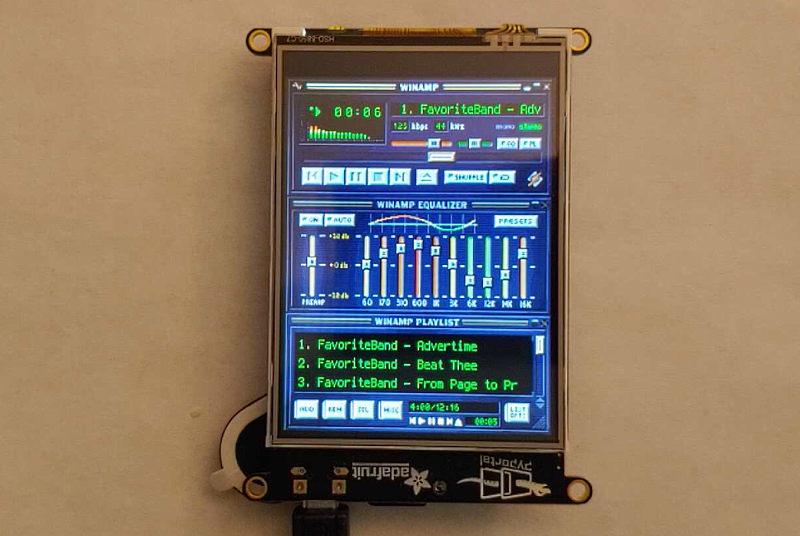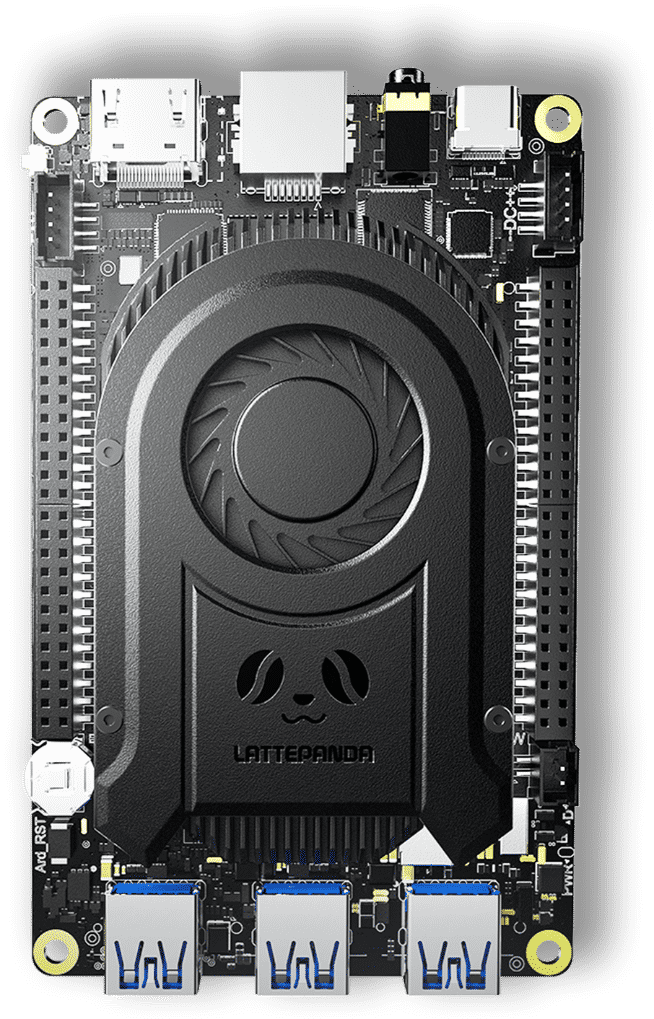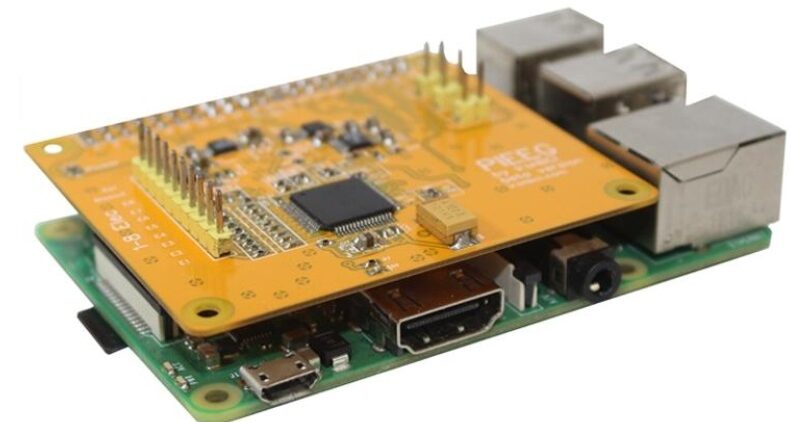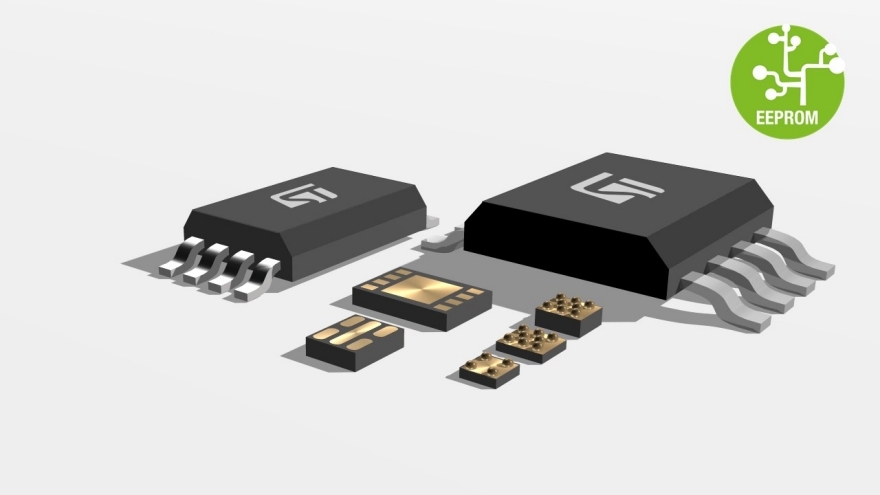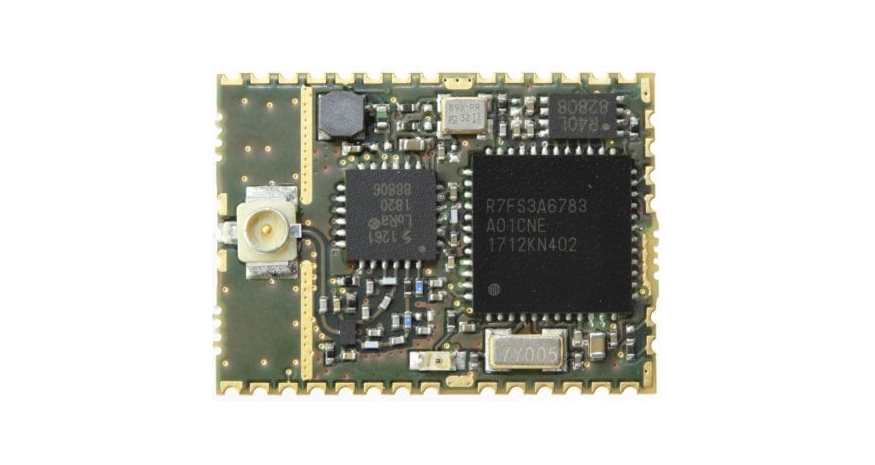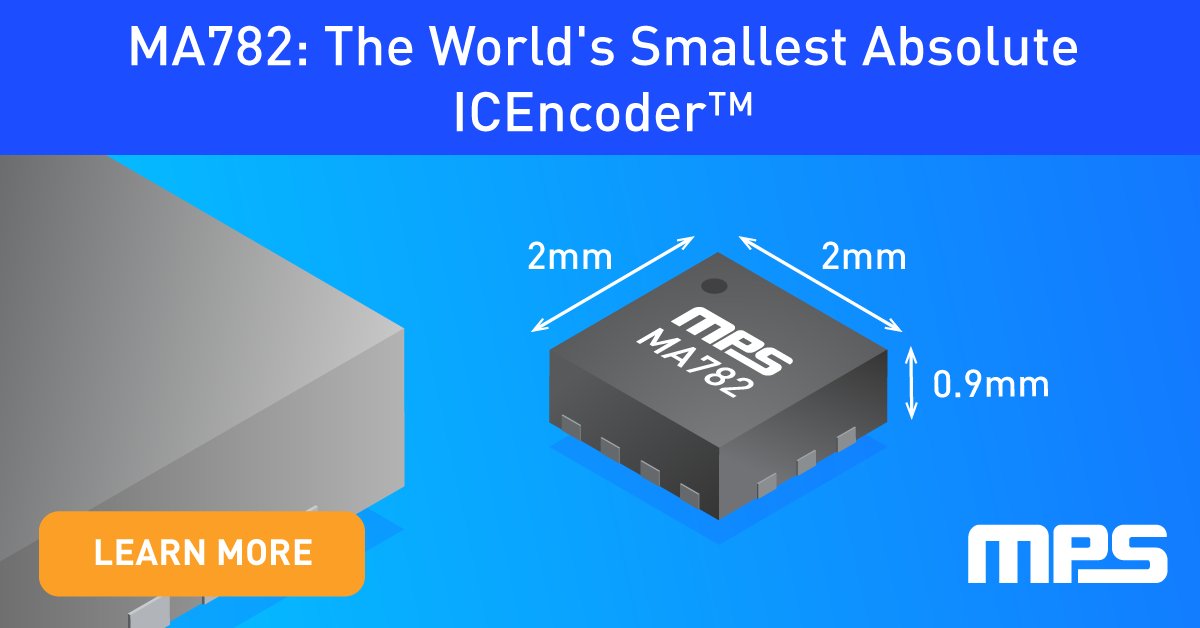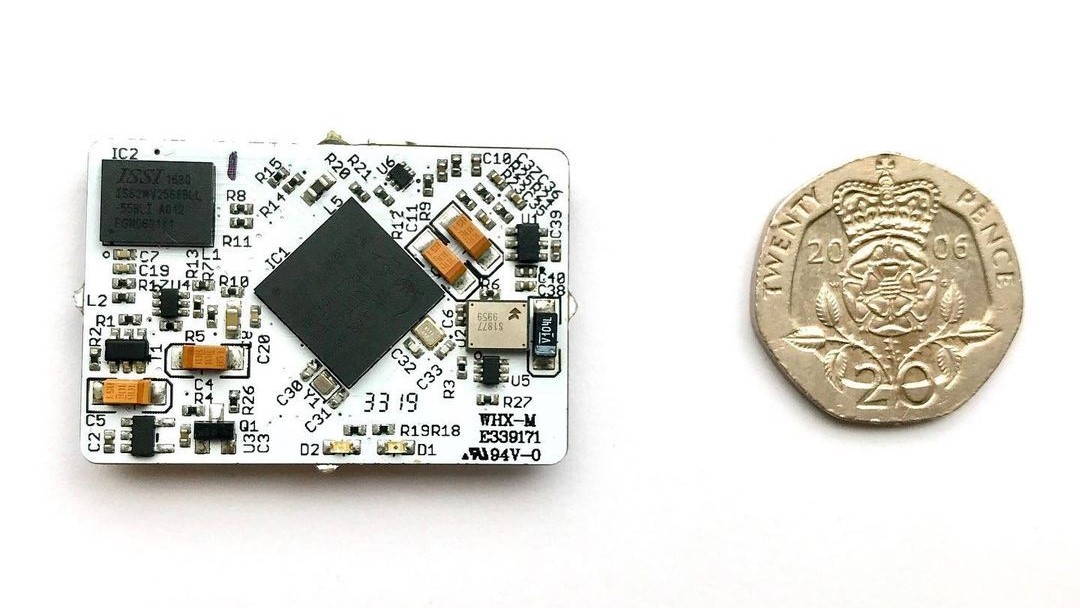
When it comes to recording audio in wildlife or nature, you require something with a small form factor that does not harm the environment. There are several wildlife species that produce noise in ultrasonic frequencies like bats, moths, etc. Here comes the name for the credit card-sized open-source sound recording device “μMoth” – designed to listen to audible frequencies, as well as ultrasonic frequencies.
As mentioned, the size of the device is just 25 x 36mm and weighs only 4 grams making it best for remote applications that are located in wildlife forests. This full-spectrum acoustic development board is based on the Silabs’ EFM32 Gecko processorthat is an ARM Cortex-M3 core running up to the clock frequency of 32 MHz. The SOC is integrated with up to 128kB flash memory and up to 16kB of RAM is specially designed for battery-operated applications that require high performance and low power consumption.
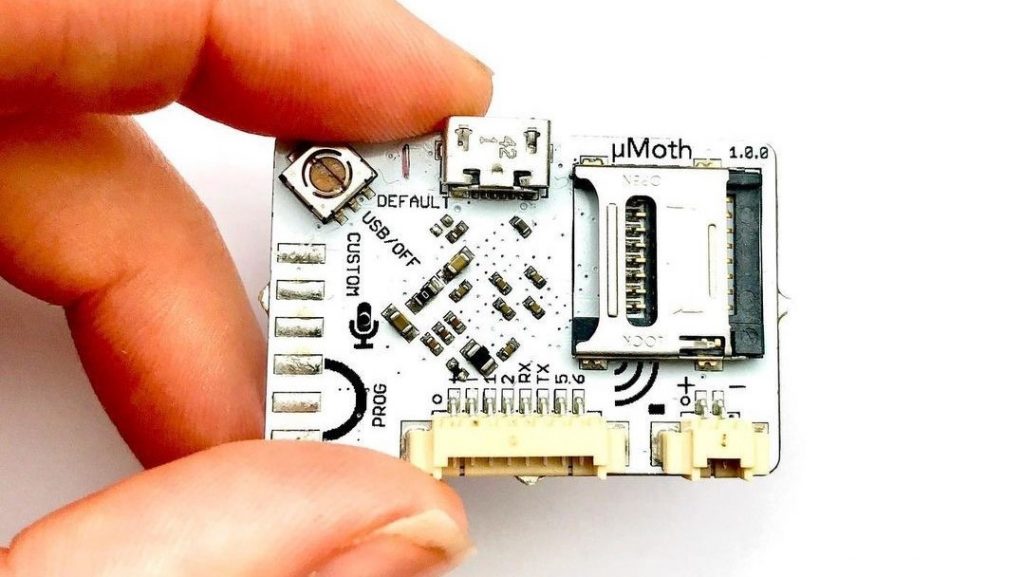
The tiny acoustic development board, μMoth is capable of recording at sample rates up to 384kHz, which means you can record uncompressed audio directly to the SD card with a sampling rate of 8,000 to 384,000 per second. The files are stored in the Waveform Audio File format which is an accurate and lossless audio file format.
The μMoth audio recording device features an analog MEMS microphone which is typically used when the analog output is fed to the input of an amplifier for analog processing. One of the other reasons for choosing an analog MEMS microphone can be the power consumption, which is significantly lesser than the digital MEMS microphone. The device is also manufactured with an onboard real-time clock that keeps track of time in UTC.
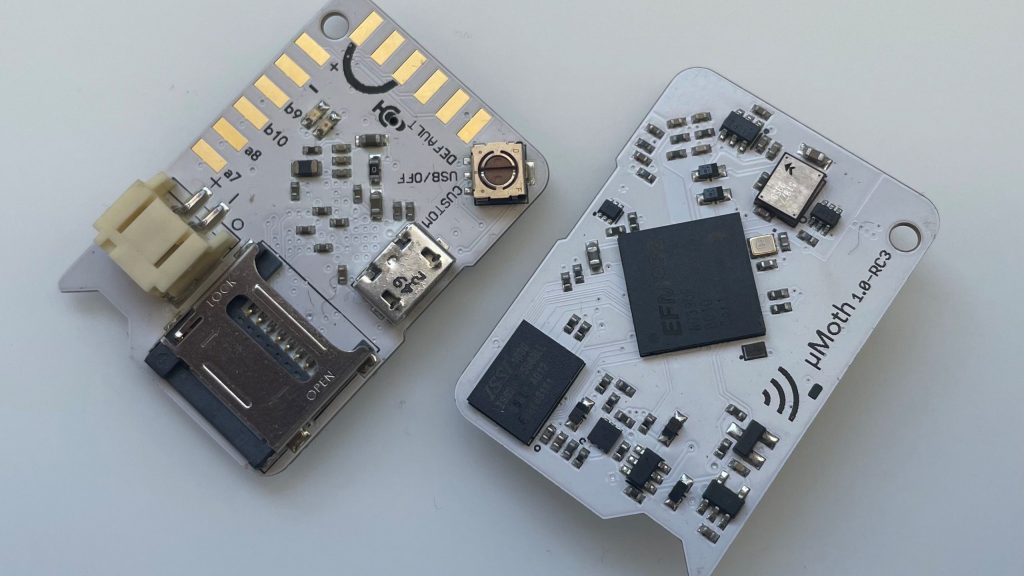
If you have known the other devices manufactured by Open Acoustic Devices, then this μMoth shares the existing software and firmware as the AudioMoth. The hardware is powered by the Li-Ion battery that is connected through the standard 2-pin JST-PH connector. The manufacturer notes that the SparkFun battery is compatible with the development board.
The crowdfunding campaign is live on GroupGets, but the backing is currently disabled due to the production shortage. But we expect the product to be in stock soon at a price of $99.00.





